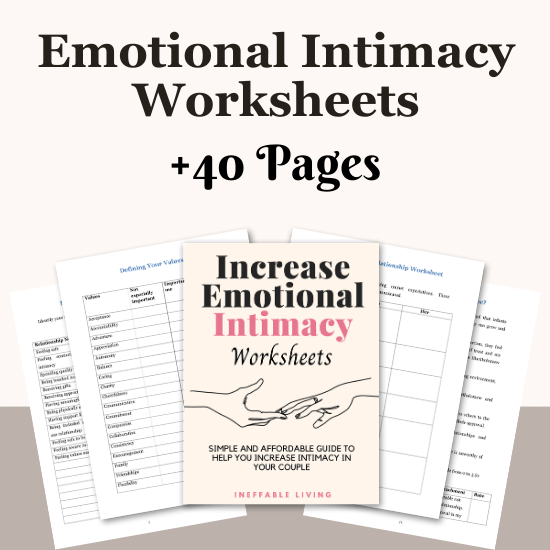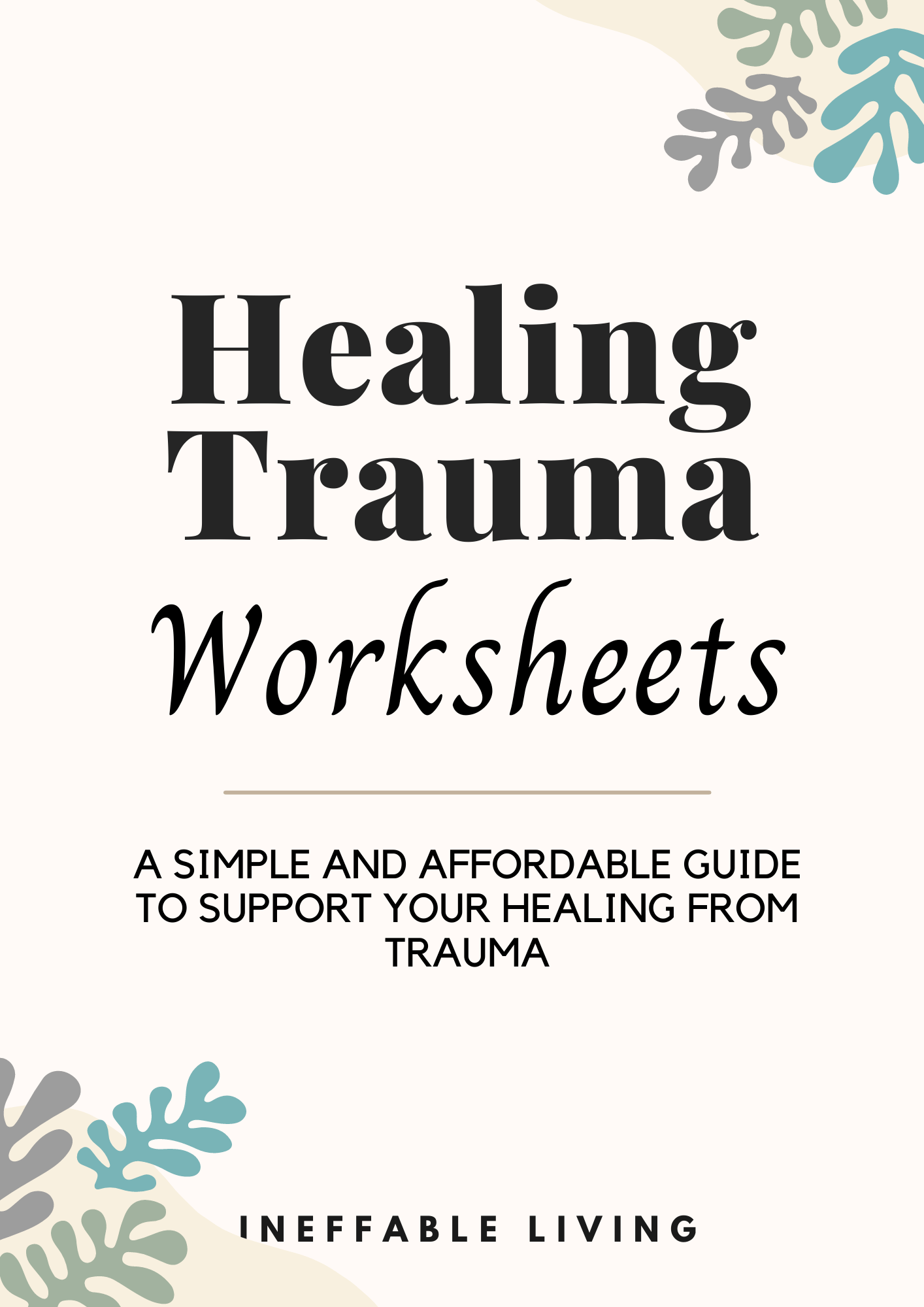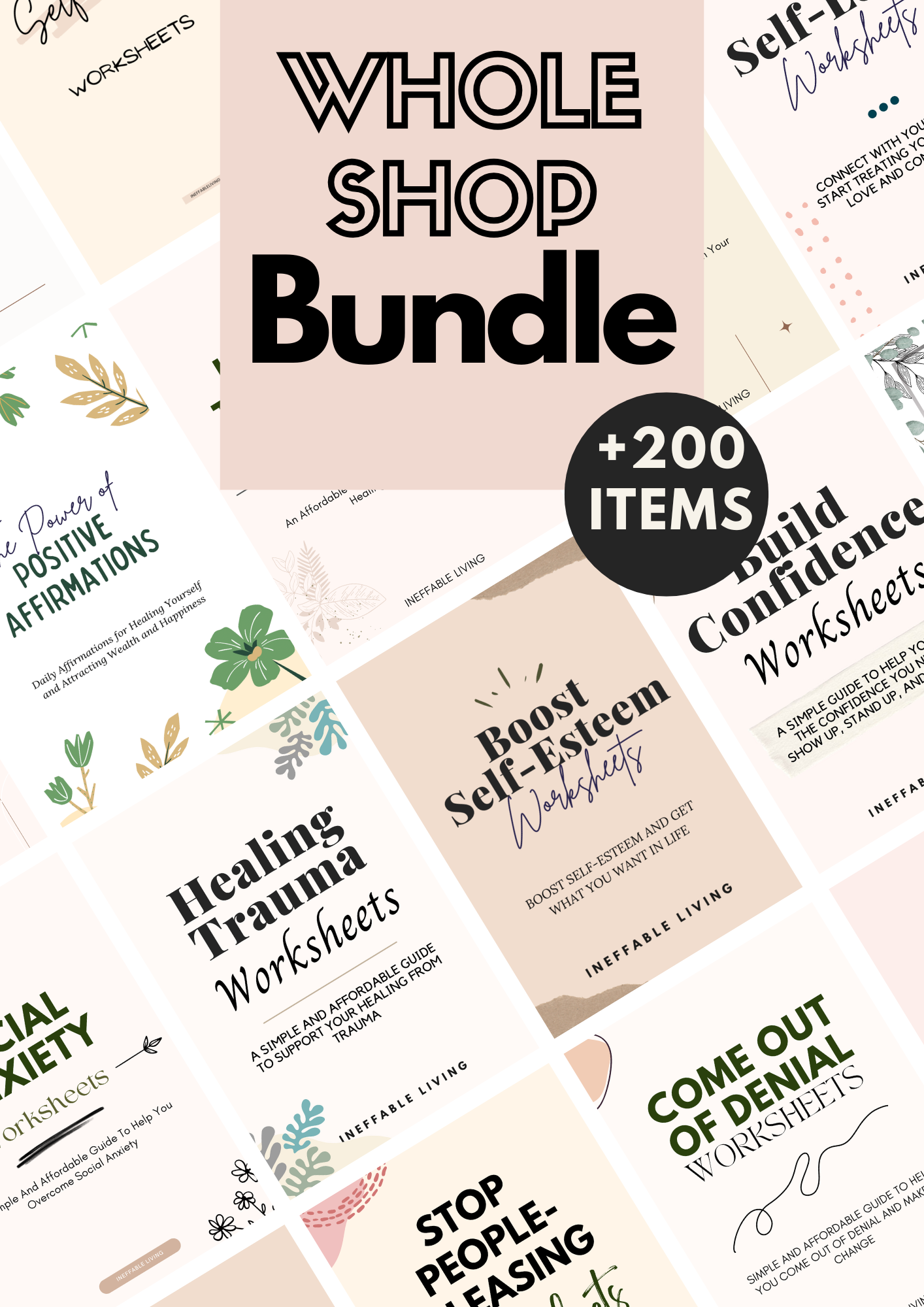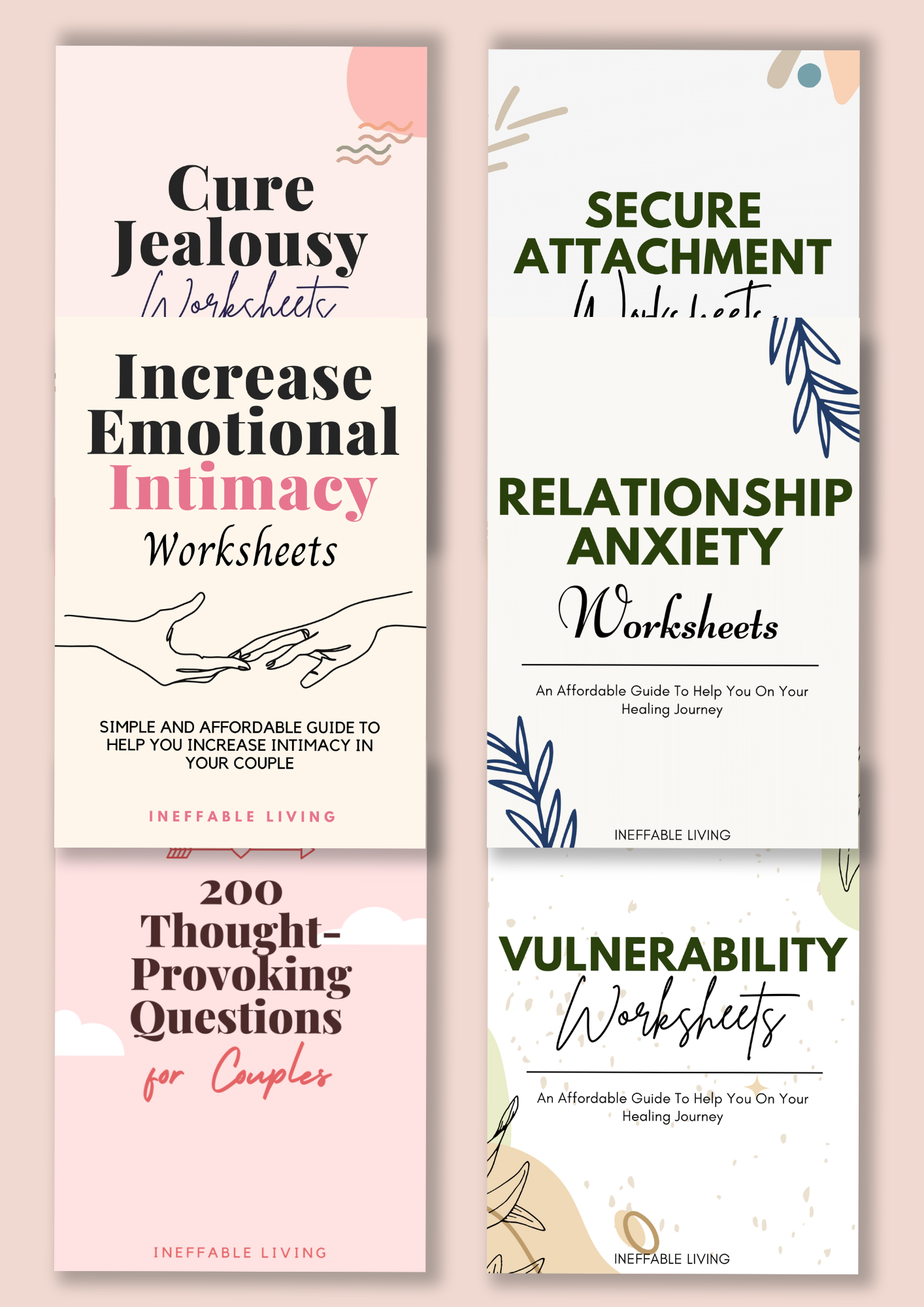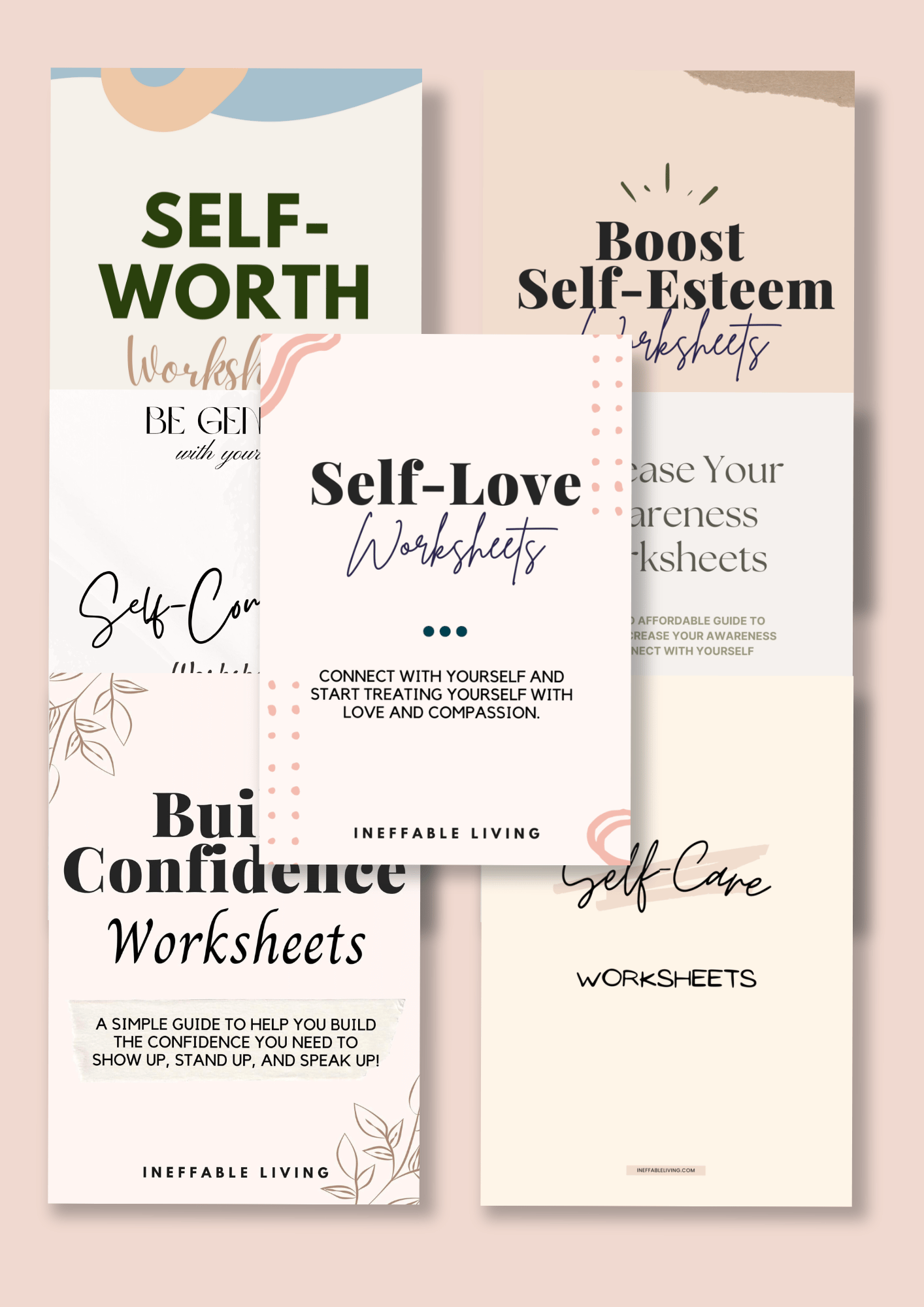1. Reflect on your current perceptions and beliefs about emotional intimacy. What does emotional intimacy mean to you, and how has your understanding of this concept been shaped by past experiences and relationships?
2. Consider the ways in which you express and receive emotional intimacy in your closest relationships, whether platonic, familial, or romantic. What specific behaviors, communication styles, and forms of connection contribute to your experience of emotional closeness?
3. Explore your comfort level with vulnerability and emotional openness in relationships. How do you navigate the balance between self-disclosure and emotional boundaries, and what factors influence your willingness to be emotionally vulnerable with others?
4. Reflect on any barriers or challenges that you perceive in cultivating emotional intimacy. Are there specific fears, past traumas, or relationship dynamics that impact your ability to authentically engage in emotional closeness with others?
5. Consider the interplay between emotional intimacy and self-awareness. How does a deeper understanding of your own emotions, needs, and relational patterns contribute to your capacity for establishing and nurturing emotional intimacy in relationships?
6. Reflect on any unmet emotional needs or longings that you carry within your relationships. What specific emotional experiences or forms of connection do you seek or value, and how do these needs align with your broader emotional landscape?
7. Consider the role of communication and active listening in fostering emotional intimacy. How do you approach sharing and receiving emotional experiences within your relationships, and what communication skills or listening practices could enhance emotional connection?
8. Reflect on the impact of cultural or societal influences on your beliefs and behaviors related to emotional intimacy. How have cultural norms, family upbringing, or societal expectations shaped your approach to emotional vulnerability and connection within relationships?
Emotional Intimacy Worksheets
